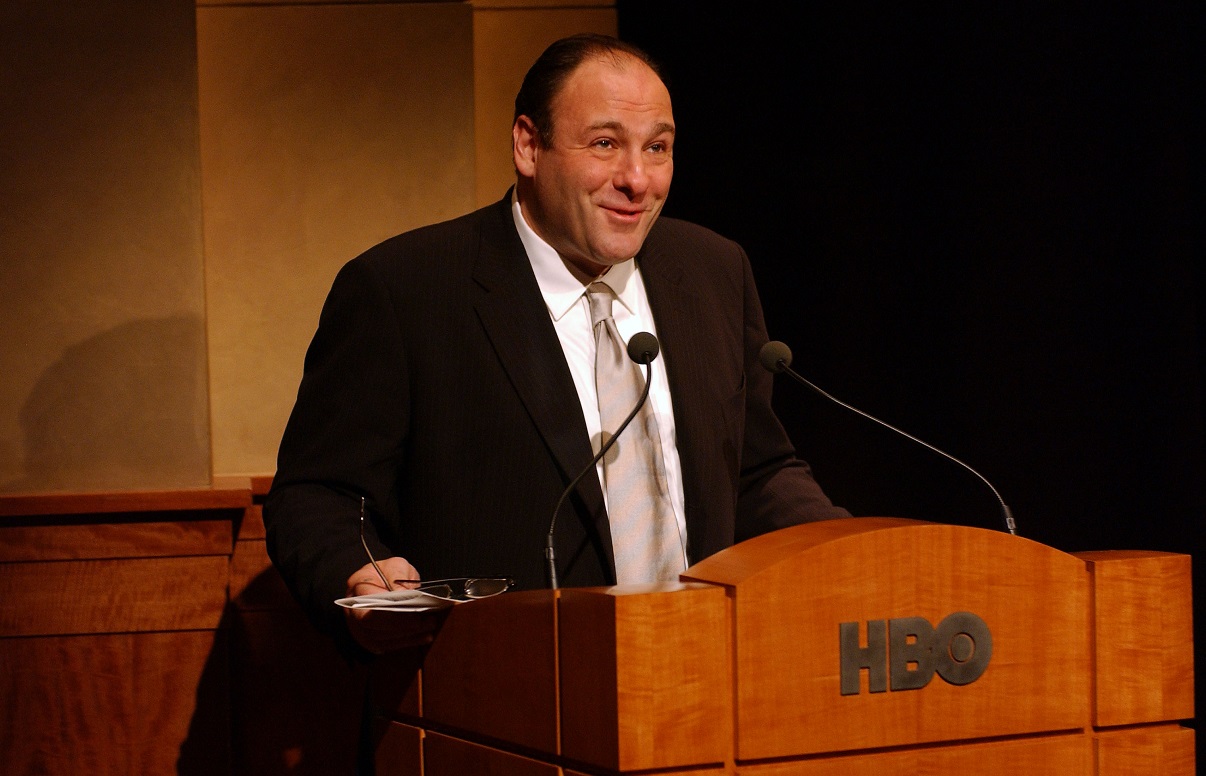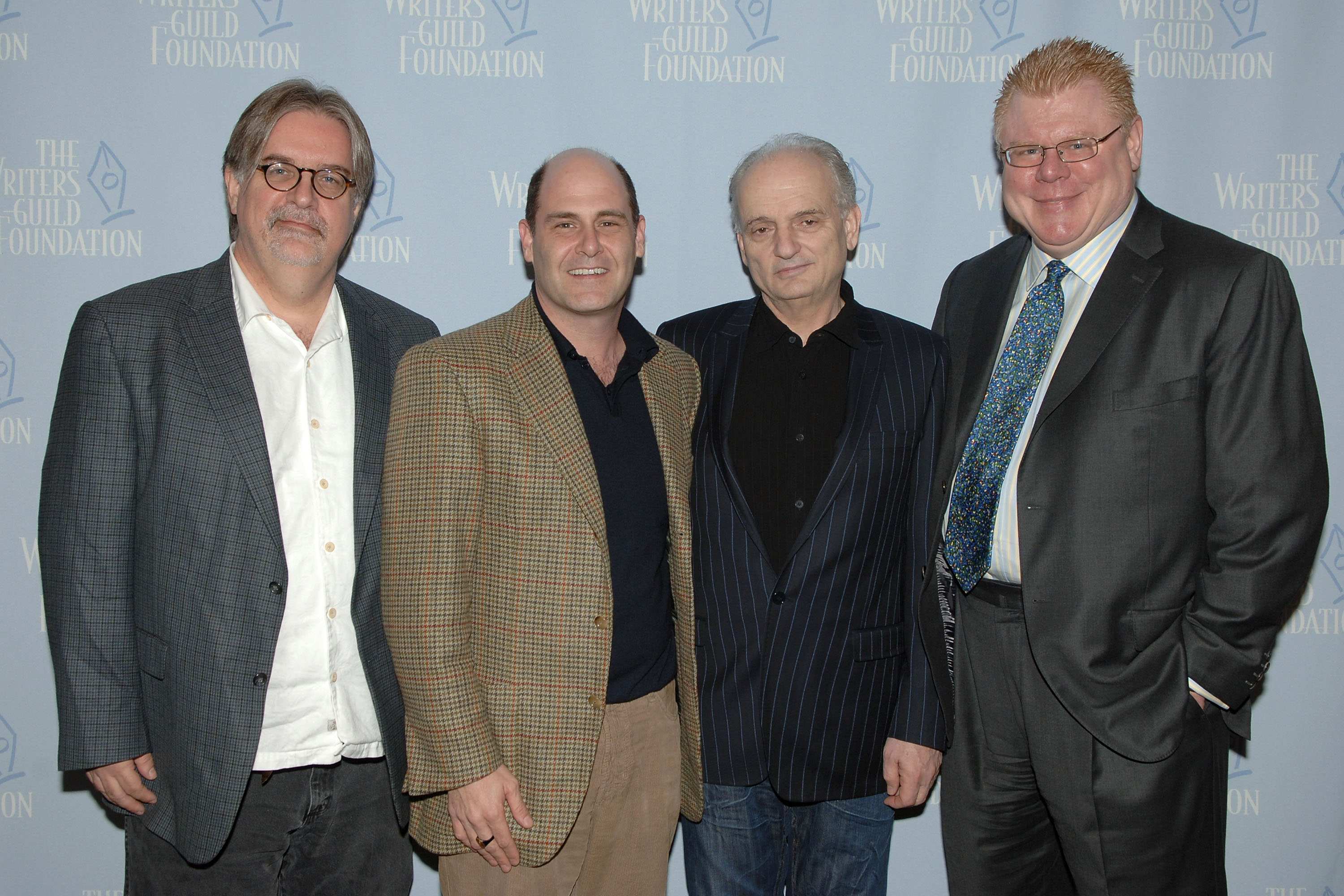James Gandolfini Appreciated Matthew Weiner’s ‘Mad Men’ Standoff Years After the ‘Sopranos’ Salary Wars
When Matthew Weiner arrived on the set of The Sopranos (1999-2007), the show had already become the biggest thing on TV. It had made HBO a fortune, in fact, and cast members eventually began asking for their share of the proceeds. By the end of the show’s run, James Gandolfini (Tony Soprano) was earning close to his due at $1 million per episode.
That salary didn’t come easy. Despite the fact that he appeared in so many scenes — and that The Sopranos couldn’t go on without him — Gandolfini had to battle with HBO over pay on multiple occasions. Without those very public disputes, HBO would have paid the show’s star (and every other cast member) much less.
When Weiner began his own TV franchise with Mad Men (2007-15), he saw the type of hardball networks would play. During negotiations ahead of Mad Men Season 5, Weiner didn’t know if he’d even return to the show he created. But Weiner held his ground and, when it was all over, Gandolfini told him that effort meant a lot to people.
James Gandolfini told Matthew Weiner he was proud of Weiner’s stand against AMC and Lionsgate

If you’ve ever followed high-stakes TV negotiations, Weiner’s Mad Men story doesn’t stand out as particularly unusual. After the season 4 finale aired in 2010, Weiner’s contract ended with it. Then it came time for the show’s guiding force to negotiate a new deal.
At that point, Mad Men had won three consecutive Emmys for Outstanding Drama Series. (It won its fourth in 2011.) What’s more, the show had put AMC on the map as a network for original drama programming. In short, Mad Men was to AMC something like The Sopranos had been to HBO.
But AMC and production company Lionsgate weren’t planning to pay Weiner and his team without a struggle. During the extended standoff that kept Mad Men off the air for almost two years, Weiner at one point gave up on his show. He didn’t want to lose cast members, increase commercial time, or otherwise downgrade its integrity.
In the end, Weiner got most of what he wanted. Gandolfini had been cheering him on. “The last time I saw [Gandolfini], he put his arm around me and said, ‘I’m really proud of you,'” Weiner said on Talking Sopranos. “He goes, ‘People noticed. People understand that, no how much money you’re making, you’re still labor.’ That meant a lot to me.”
Weiner marveled at the reluctance to pay the successful ‘Mad Men’ creative team

After capping off those successful four seasons with Mad Men, Weiner was surprised to see a certain item in the newspaper. “Lionsgate printed an article saying they were replacing me,” he recalled on Talking Sopranos. “I called David [Chase] and said, ‘What is this?’ And he goes, ‘Matt, have you heard of hardball? This is hardball.'”
Chase reminded Weiner of the millions of dollars at stake. Lionsgate and AMC wanted to keep as much of that as possible. And Weiner had to be prepared to walk if they never backed down. “I kept quoting David saying, ‘This is a 30-year business.'” Weiner recalled. “‘Why are you worried so much about next quarter?'”
It wasn’t easy, but Lionsgate and AMC did eventually come to their senses. And Weiner had material for the next Mad Men season. “The crazy thing is, if they promise you one penny out of every dollar, and they really try not to pay you the penny,” Weiner said on Talking Sopranos. “What are they doing?”


